Join the Leading Global Eye Health Alliance.
MembershipEye health cannot be addressed nor services scaled up without a major contribution from the private sector.

03.03.2022
Reade Fahs
Reade Fahs, CEO of National Vision, outlines their goals and philanthropic work and notes the increasingly shared goals of NGOs and the private sector.
Reade Fahs, CEO of National Vision, outlines their goals and philanthropic work and notes the increasingly shared goals of NGOs and the private sector.
03.03.2022

03.03.2022
Reade Fahs
Reade Fahs, CEO of National Vision, describes an example and different models of NGO-private partnership and explains how necessary the private sector is to achieving our shared goals.
Reade Fahs, CEO of National Vision, describes an example and different models of NGO-private partnership and explains how necessary the private sector is to achieving our shared goals.
03.03.2022

03.03.2022
Nicola Lister
Nicola Lister, Chief Medical Officer, Corporate Affairs & Global Health at Novartis explains how Novartis want to work with high impact coalitions to build sustainable eye health systems and business models.
Nicola Lister, Chief Medical Officer, Corporate Affairs & Global Health at Novartis explains how Novartis want to work with high impact coalitions to build sustainable eye health systems and business models.
03.03.2022
The Lancet Global Health Commission on Global Eye Health tells us that the private sector represents a huge opportunity to bring primary eye care closer to communities. Best viewed on desktop.
This strategy report from a WHO advisory group focuses on governance to support effective private sector engagement for Universal Health Coverage.
This is a review and summary of public-private partnerships for eye health care delivery in developing nations.
This programme involves a three-way public- private partnership between the ministry of health; a local NGO; and an international NGO.
This research paper studied the prerequisites for public-private partnerships in ophthalmology in Finland.
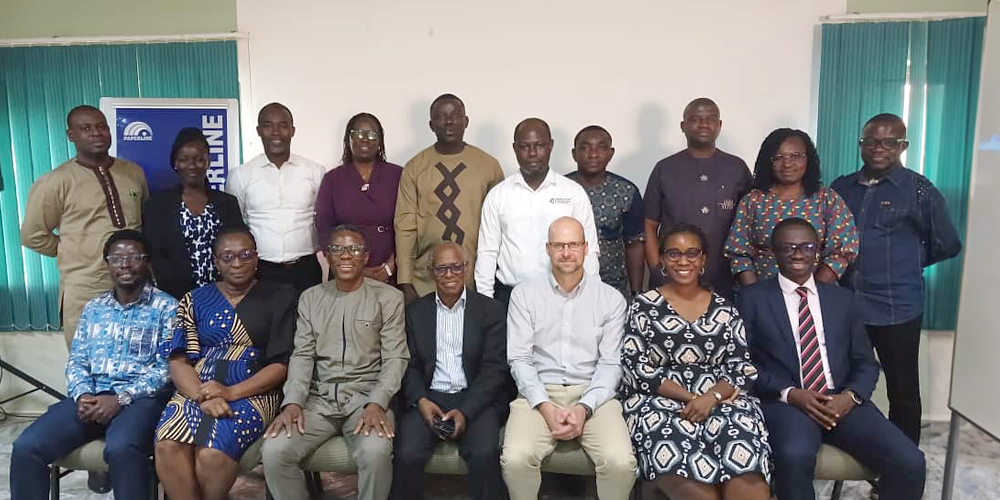
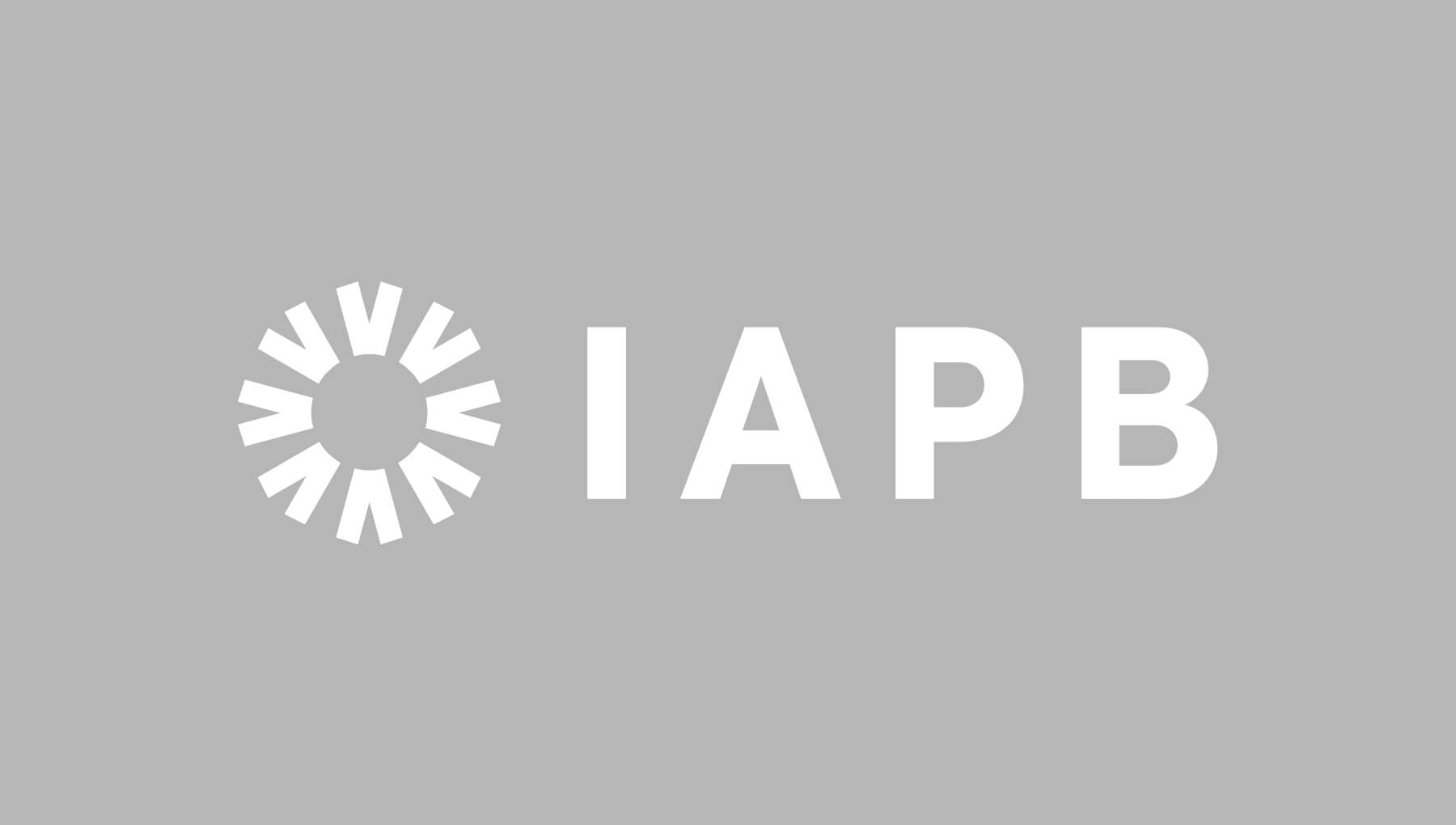
30.01.2024
This key report sheds light on the often-overlooked supply-side barriers that prevent many in low and middle-income countries (LMICs) from obtaining affordable, quality glasses.
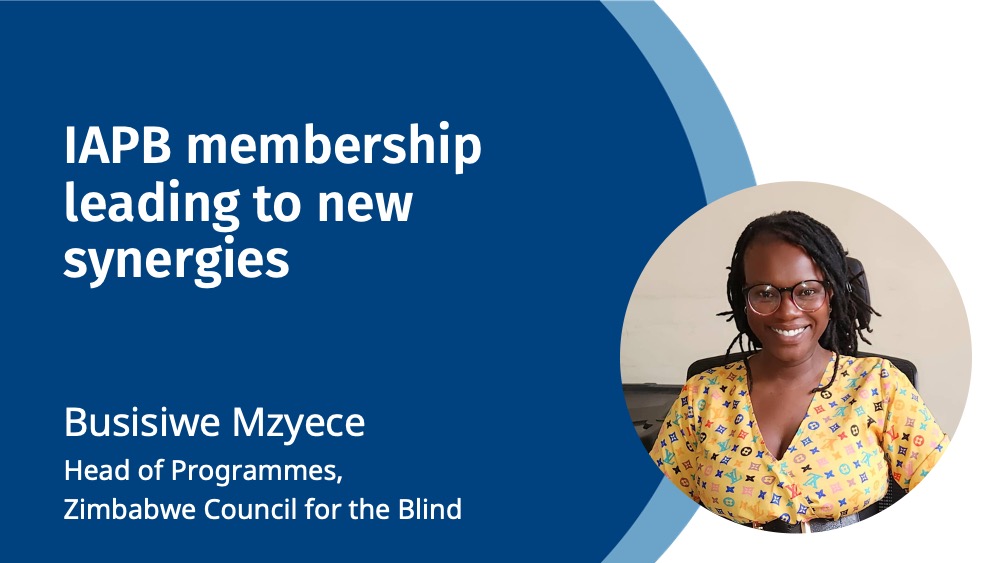
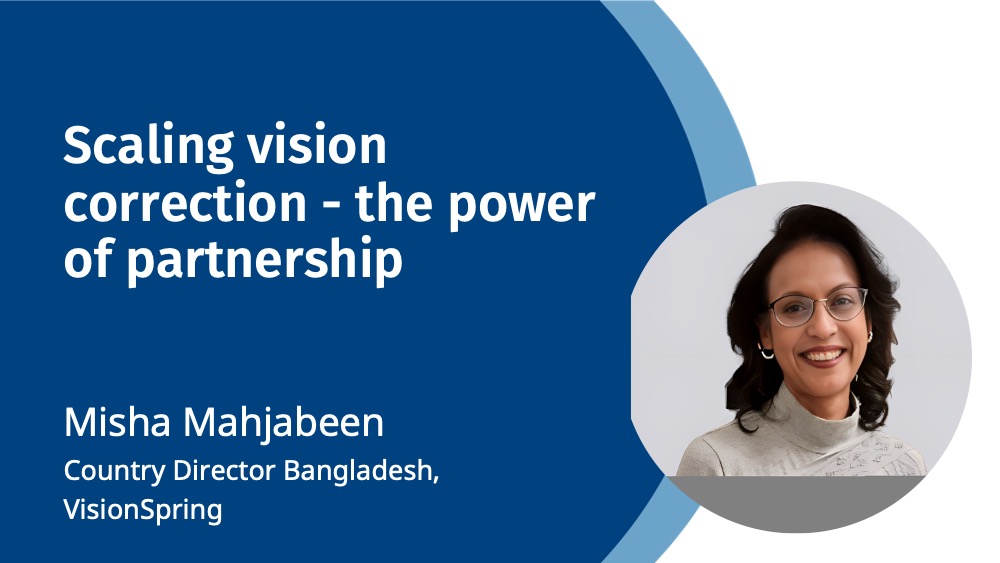
25.10.2023
Misha Mahjabeen
VisionSpring has reached a huge milestone: The Clear Vision Workplace alliance has screened the vision of more than 500,000 people and dispensed nearly 200,000 pairs of eyeglasses.
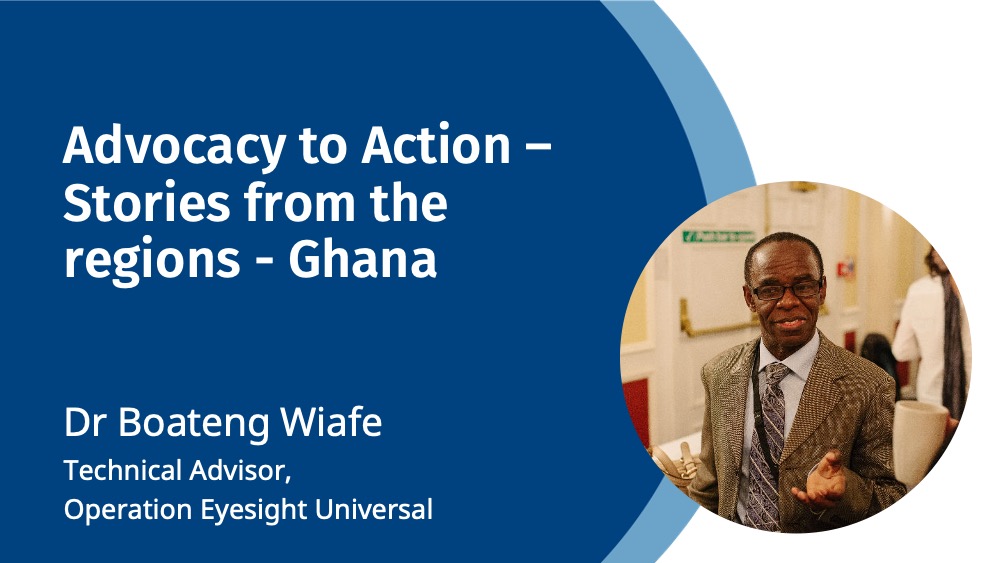
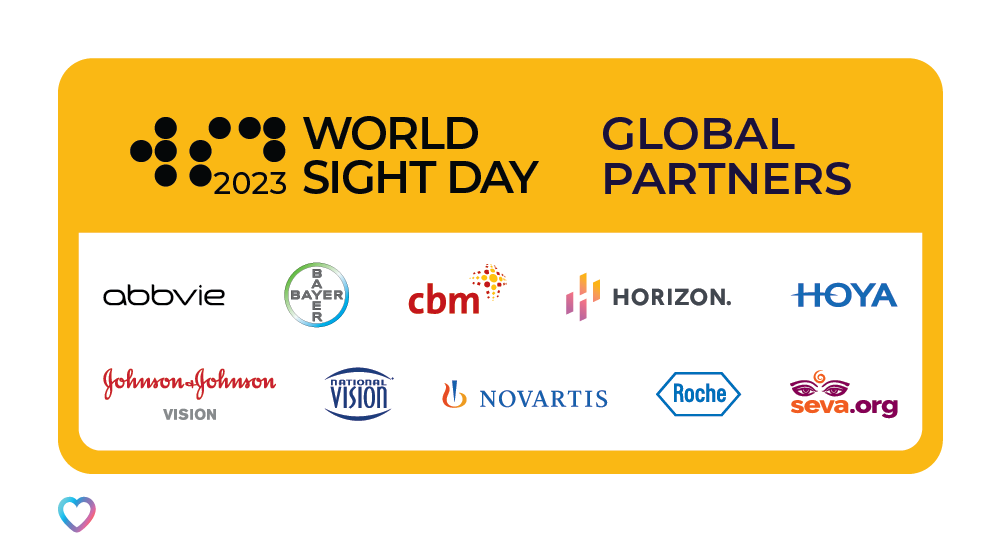
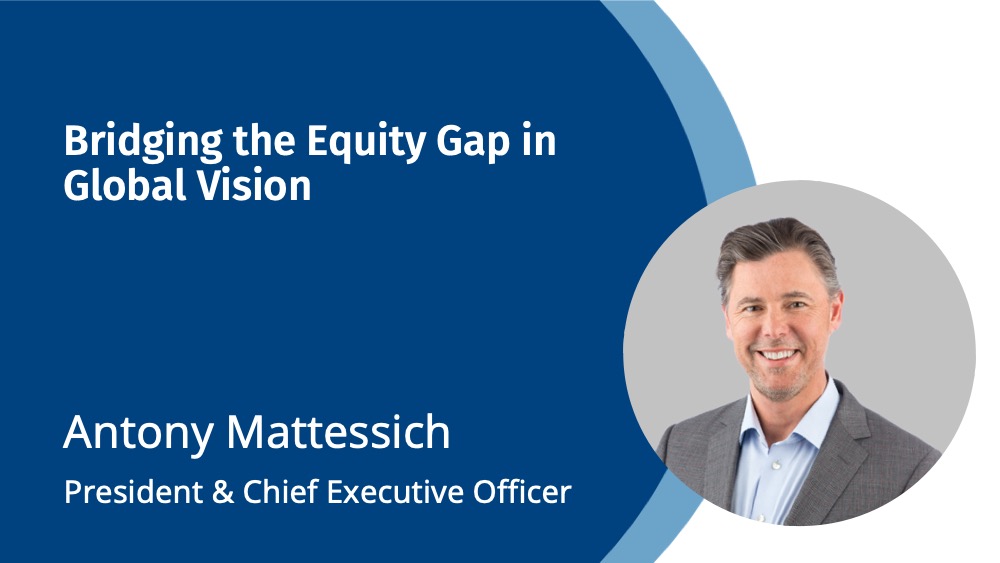

22.06.2023
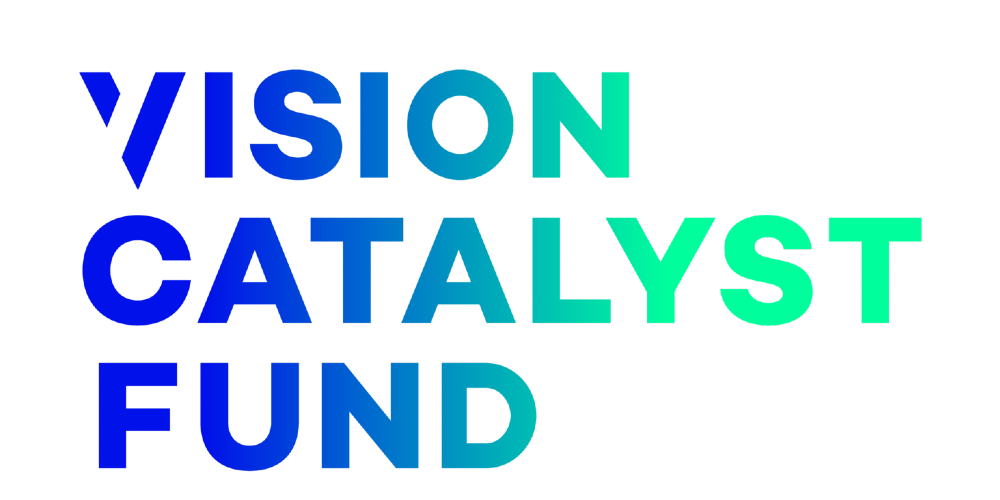
01.06.2023

10.01.2023
Peter Holland
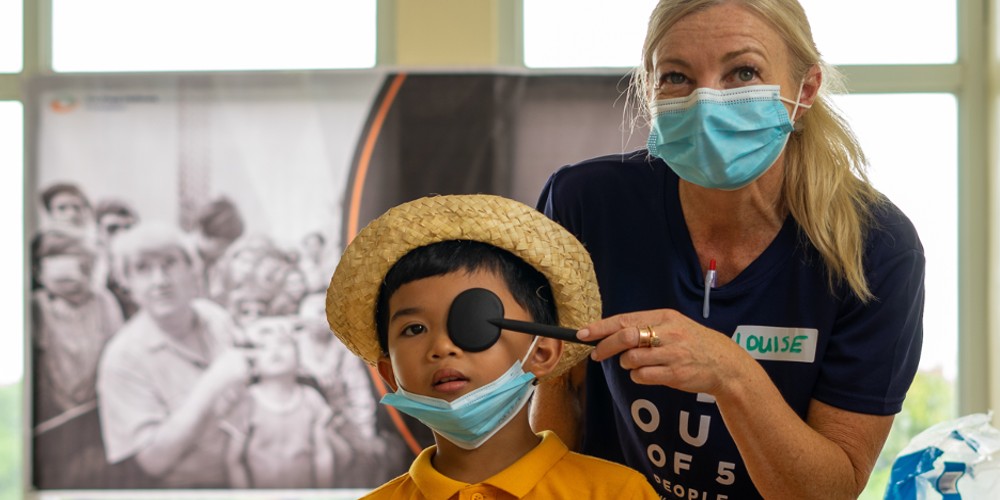

09.11.2022
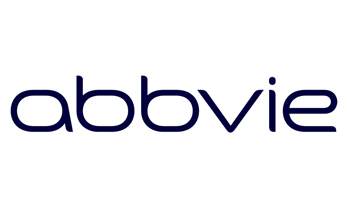
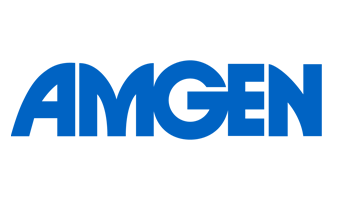
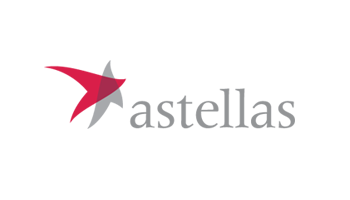
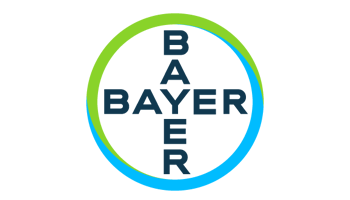


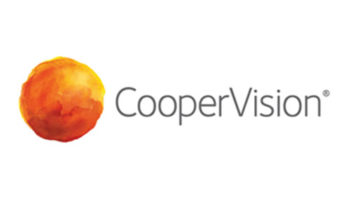
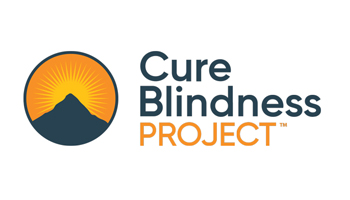
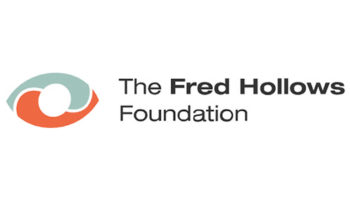
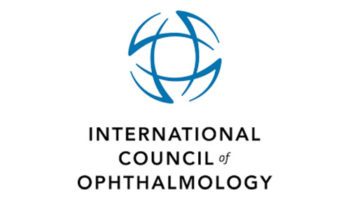


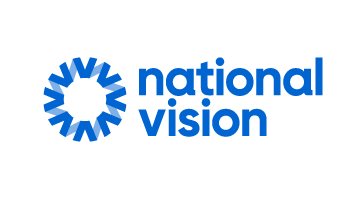

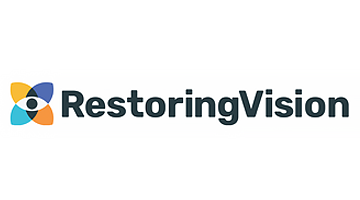

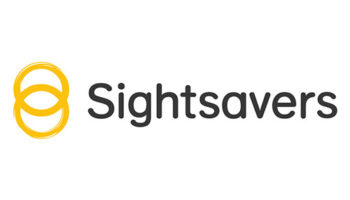
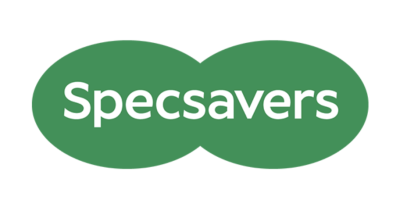
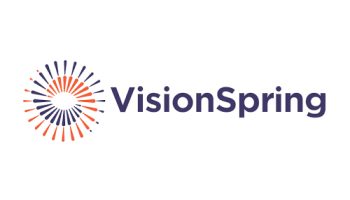
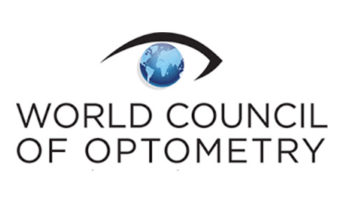
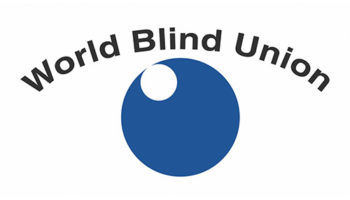
Join the Leading Global Eye Health Alliance.
MembershipReceive all the latest news, webinars, campaigns, events and more right to your inbox.
Join Mailing List